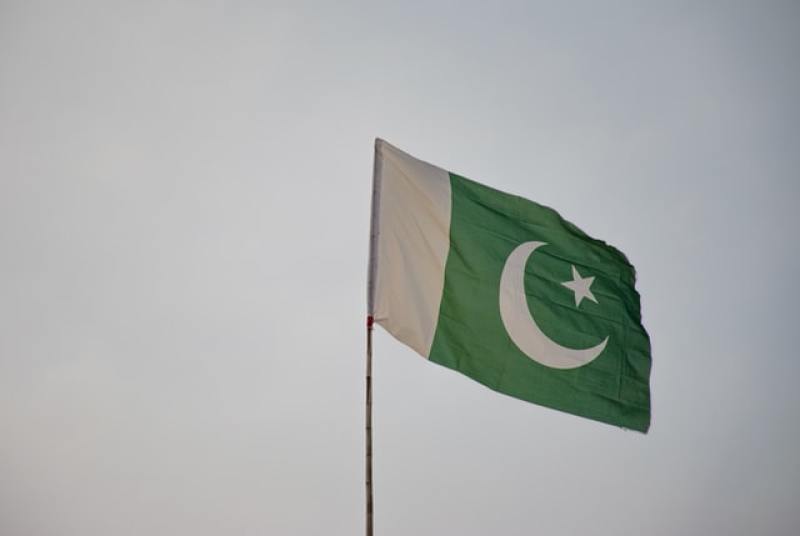
Pakistan is getting ready to mobilize against a non-existent group of "Uyghur terrorists" as it aligns itself with their ally, China. The Muslim country has vowed to crack down on the East Turkestan Islamic Movement (ETIM), which according to evidence does not actually exist.
China human rights magazine Bitter Winter reported this week that Pakistan is now committed to defeating a non-existent Uyghur terrorist group after a "Trilateral Dialogue" held between foreign ministers of Pakistan, China, and Afghanistan outlined their goals. A joint statement outlining the goals of the meeting read that the three countries "reiterated their commitment to strengthening political mutual trust, intensifying exchanges and communication, and forging closer and friendly neighbors and partnerships."
In a statement, the foreign ministers also reaffirmed their cooperation to combat "all forms of terrorism" and "strengthen joint efforts to combat the 'Eastern Islamic Movement,' the Pakistani Taliban, and the 'Islamic State,' and other terrorist forces." However, in November of 2020, then U.S. State Secretary Mike Pompeo announced that the U.S. will remove the ETIM from Washington's terror list, "because, for more than a decade, there has been no credible evidence that ETIM continues to exist," DW reported.
According to Breitbart, Uyghur Muslims refer to the Xinjiang Uyghur Autonomous Region (XUAR) as East Turkestan, which was annexed as a province of China following military conquests in the 18th century throughout the Communist invasion of 1949. The Uyghur Muslims hail from Central Asian countries such as Kazakhstan, Kyrgyzstan, and Uzbekistan.
But today, communist China is using CCP propaganda to quash the Muslim minority, committing acts of genocide and other human rights abuses to gain control of the region that is rich in resources such as cotton and oil.
The Uyghur Muslims formed a militant group in the late 1990s, known as the East Turkestan Islamic Movement (ETIM), which was led by Afghanistan-trained Hasan Mahsum, who was killed by the Pakistani military in 2003. Abdul Haq, who took his place, was killed in 2010, marking the end of the militant group, according to counterterrorist experts. But 11 years later, CCP propaganda still uses the ghost of the ETIM, a non-existent Uyghur terrorist group to encourage Pakistan to get on board with China's plans for the religious minorities in the Xinjiang Province.
Pakistan, unfortunately, has little of a choice but to uphold CCP propaganda. Vice reported in May that Pakistan authorities are "under huge pressure from China owing to CPEC, the China Pakistan Economic Corridor." The project, which is part of China's ambitious Belt and Road Initiative, has a price tag of $62 billion. It is an economic project composed of several loans from China that will fund infrastructure, power plants, telecommunications, and schools in Pakistan.
Niaz Ghafoor, an Uyghur Muslim who fled China in fear of persecution and found his way to Pakistan, said, "The Pakistani government will do anything China orders them to do. Uyghurs are suffering so much because of CPEC."



























